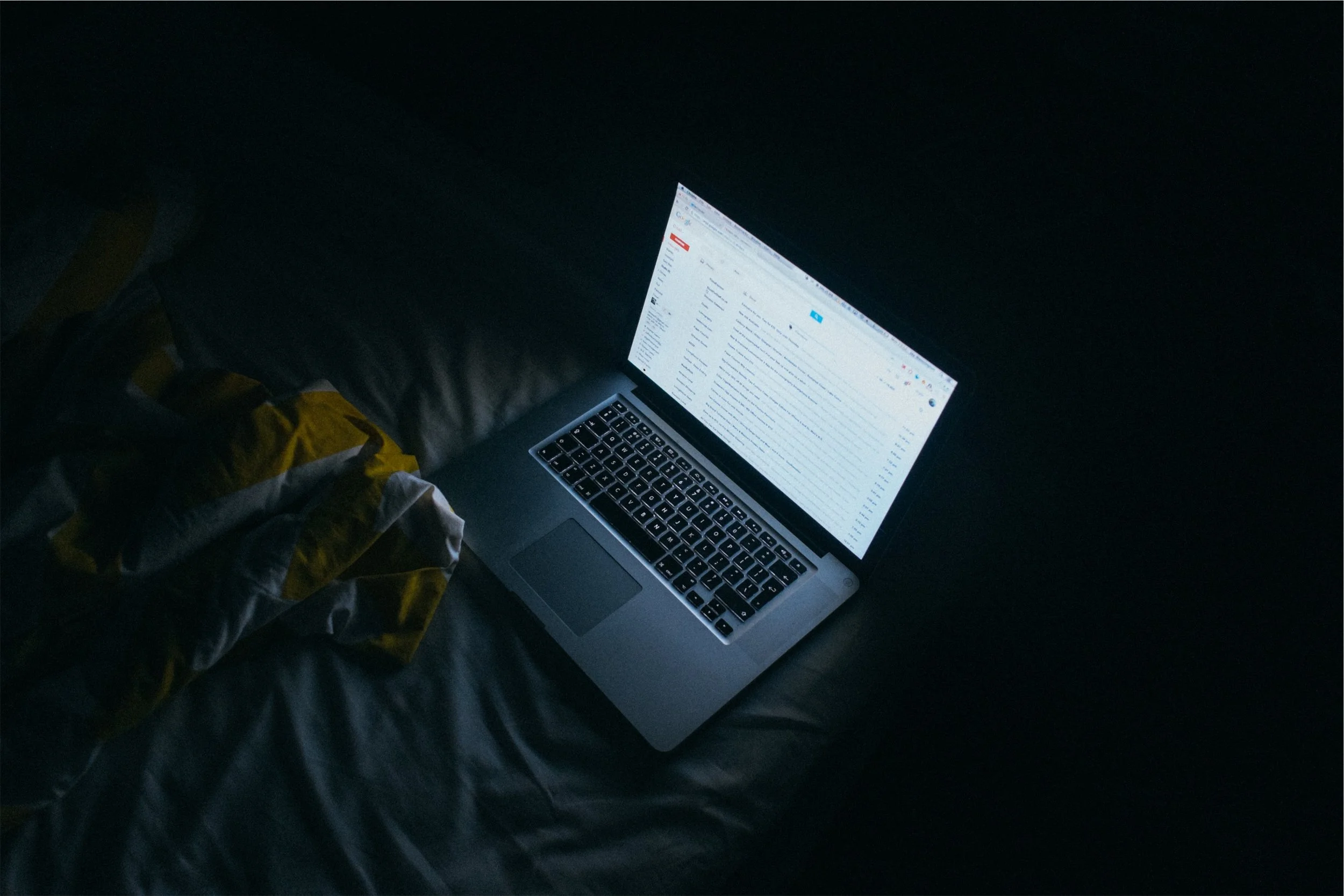It’s no secret that we all have our special preferences – just stand in line at the coffee shop and you’ll hear countless drink orders, from soy milk to vanilla flavoring or extra ice and cinnamon sprinkles. Knowing what we like and don’t like is part of what makes us human.
That doesn’t always make us right, though. Sometimes we don’t know ourselves as well as we’d like to think! Take sleep, for instance. Many of us think we have a handle on how much sleep we need. But scientific studies show otherwise. Over the long term, sleep deprivation and chronic lack of sleep actually make it harder for us to accurately gauge whether we are getting the appropriate amount of sleep.


